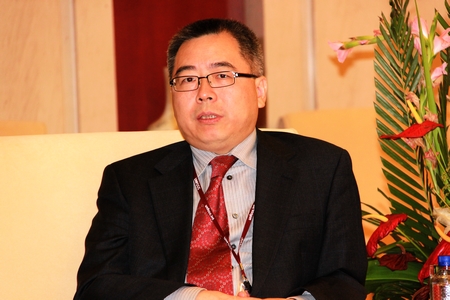Society
US blocks progress in climate talks: Chinese negotiator
By Li Jing and Lan Lan (chinadaily.com.cn)
Updated: 2010-10-09 14:33
 |
Large Medium Small |
TIANJIN - Attempts by a group of countries led by the United States to thoroughly revamp the Kyoto Protocol has blocked any possible progress in the climate negotiations currently under way in Tianjin, Su Wei, China's top climate change negotiator told China Daily.
|
 China's top climate change negotiator Su Wei. [chinadaily.com.cn] |
"The attempt is a tactful way to actually abolish the existing protocol while avoiding blame," said Su, on the sidelines of the United Nations climate meeting in Tianjin.
The group of countries, which is called an "Umbrella Group," is a loose coalition of non-EU developed countries.
A fundamental modification of the legally binding emission cut regime under existing United Nations protocols is unacceptable, said Su.
Developed countries always try to shirk responsibilities for substantial emission reductions and offering financial and technological aid for developing countries. Instead, they have been forcing developing countries to shoulder equal responsibilities, said Su.
"This is because they don't want to acknowledge and shoulder their historical responsibilities for causing the global warming," said Su.
Industrialized countries are not making progress, but regressing and attempting to completely change the direction of the mandates for the Kyoto Protocol, Su said.
China and other developing countries firmly oppose actions that violate the Protocol mandates and the Bali Road Map, said Su.
Developed countries "must set targets for slashing greenhouse gas emissions" after the first phase of the Kyoto Protocol, which will expire in 2012, and a blank period between the two phases should be avoided, Su said.



